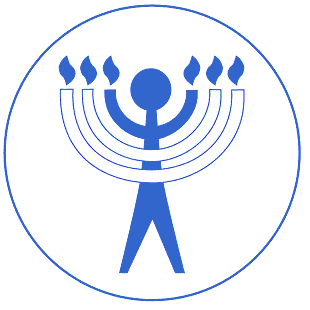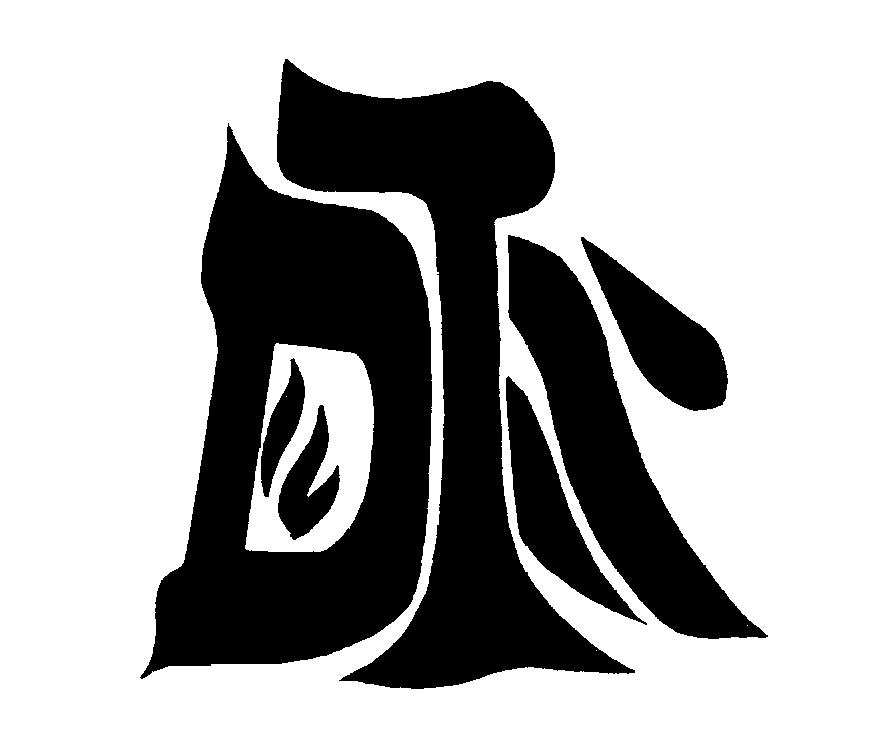The Jewish Humanist, October 1986
Feelings.
They are a very important part of our daily life. They are the energy of our desires and motivation. They are the source of our pain and our pleasure. They are the signs’ of our success and failure.
Understanding our feelings and learning to control them is the theme of our New Year celebration. Ultimately the quality of our life is determined by what we do with our emotions and by what they do to us.
Our feelings present us with many problems.
We do not choose them. They just happen. If they enter our consciousness we cannot command them to leave. Fear, anger, love and guilt arise from unconscious causes over which we exercise no control. The only way to avoid certain feelings is to avoid the situations that provoke them. But many life situations are unavoidable, especially if they involve family, friends, and work.
Emotions are difficult to control. They trigger our behavior. When the conscious mind is uncooperative emotions bypass it and make us do what we do not deliberately choose to do. Changing behavior can be very difficult, especially if our feelings are in conflict with our behavior.
Our emotions do not share a common agenda. Each feeling wants its own way and seeks to command all our energies. Our love and our anger compete for, the same body, driving to use it indifferent ways. No easy internal harmony prevails in the human mind.
If our feelings are allowed to run wild, if they are given complete freedom, they are able to wreak havoc in our lives. Since they have the short-run goal of discharging their energy, they often stand in conflict with the long-run goals of our reason. The planning part of our mind is concerned about later. Our emotions tend to be focused on now. They often make us do things that give us immediate relief from tension, but which have rotten consequences for our future happiness and success.
Our emotions love to hide. If they are embarrassing for our conscious mind to handle, if they offend our self-image, we sometimes have the power to expel them to the “basement” of our mind. While’ they fester in the darkness we can pretend that they are not there even though they really are. Trying to hide from our feelings uses up an enormous amount of energy and often exhausts us.
As you can see, simply asking people to be spontaneous can be very dangerous. Indulging hate, anger and jealousy can be just as spontaneous as indulging love. And expressing love may not always be appropriate, especially if the people we love exploit us and abuse us.
So, in the face of all these problems, how do we establish an effective control of our feelings so, that they serve our long-run goals for survival and dignity?
The path of self-control is hard but absolutely necessary.
We, first of all, have to accept our feelings and stop running away from them. We cannot be held responsible for what we do not control. Emotions are not dangerous unless we allow them to be. Fear, hate, and sexual lust are normal and human. They make their appearance in every psyche. If we pretend, that they are not there, they will hide in the unconscious and do their dirty work against our will. If we are willing to confront them and to own up to them, then we will have a chance to discipline them. We cannot control what we refuse to acknowledge.
We have to clarify our long-run goals. We have to go beyond the present and determine what we want for our future. What are the human relations we want to maintain? What are the work skills we want to acquire? Self-indulgence is inevitable if we never use our reason to go beyond today and plan tomorrow.
We also have to calculate the price of spontaneity. What will be the consequences of our behavior if we allow any particular feeling to take control of our body? In many situations spontaneity works and makes us happier. In many circumstances it disrupts friendships, undermines family loyalty and destroys useful work. Being a warm person does not mean being a foolish person.
We have to train our will. We do not have to be the victim of every passing feeling. Our conscious mind gives us the power to control and restrain. The word “will” denotes the complex mental process which enables us to say “no” when our feelings say “yes”, to say “yes” when our feelings say “no.” The best way to exercise our will and to give it strength is to force ourselves to do what we are afraid to do. Endless introspection is depressing and weakens our decision making power. Only by acting and discovering that indeed we are able to do what we did not think we were able to do can our will become a reality. If we always wait to make decisions until we are no longer afraid, we will never be decisive. Practice gives muscle to our will.
On Rosh Hashana and Yom Kippur I will expand on these observations.


